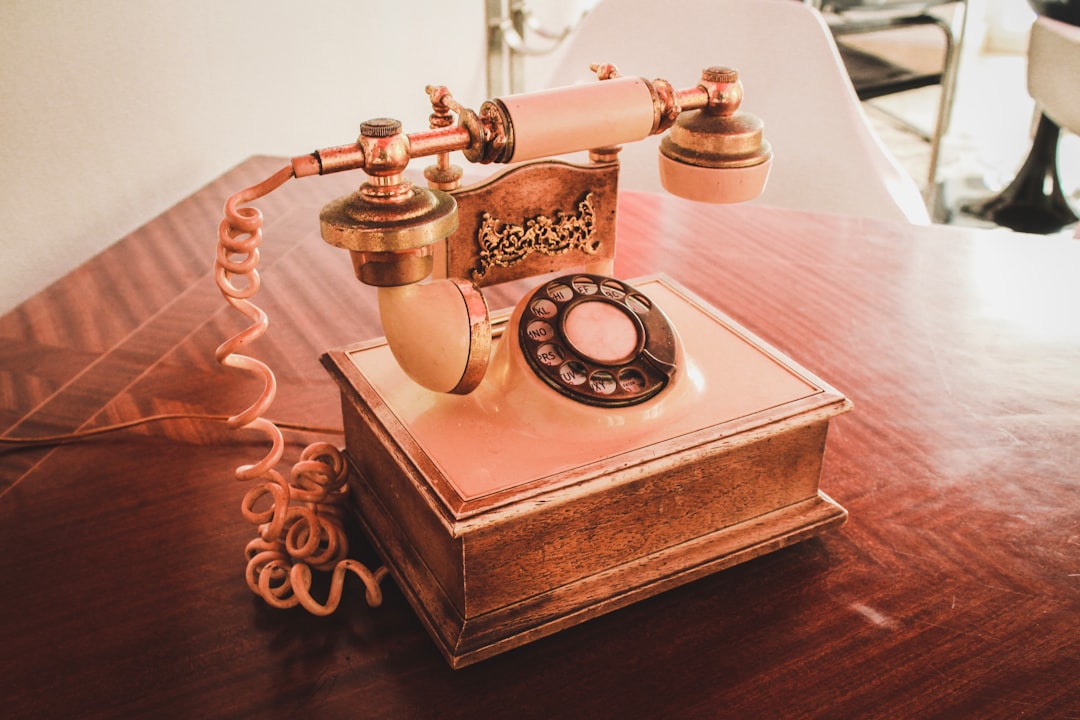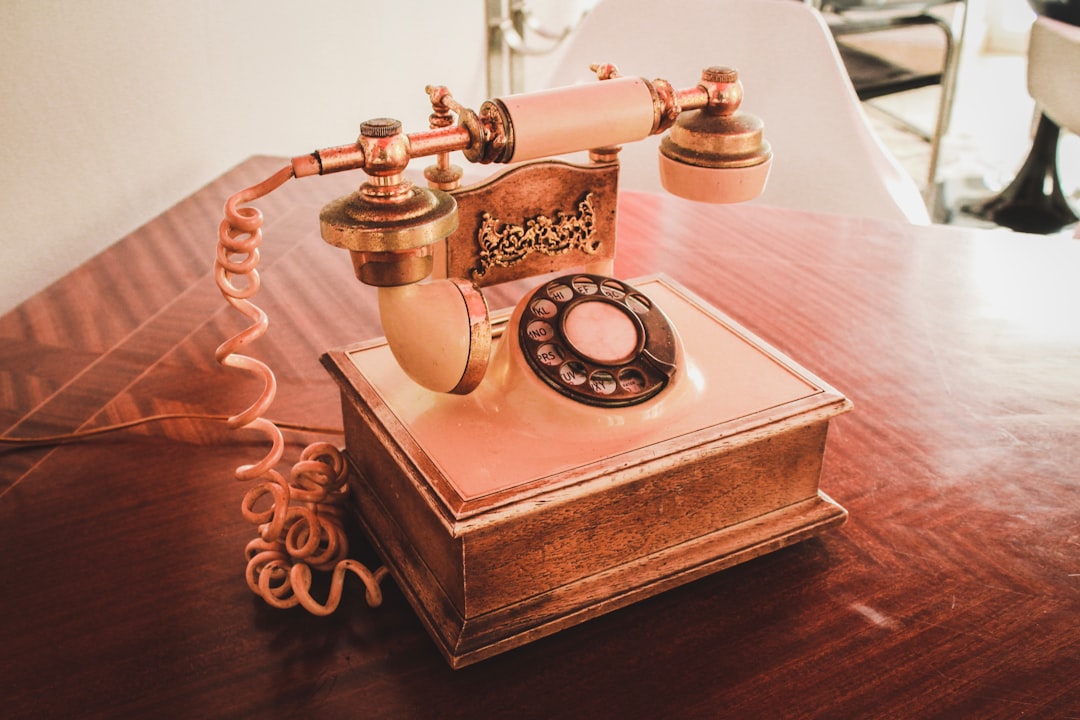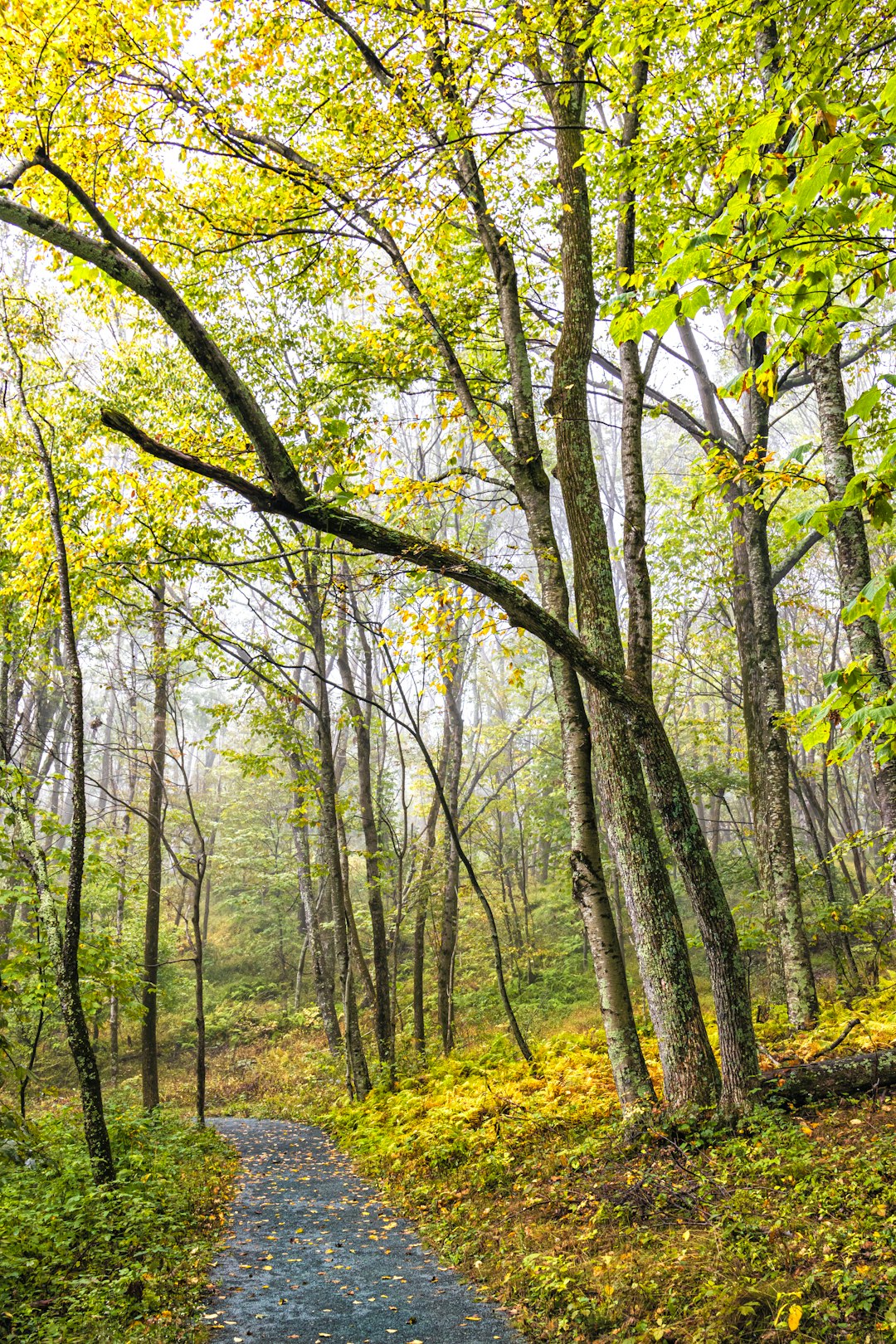Robocalls, though often legitimate, can be intrusive or illegal. Virginia offers protections via laws like the Telephone Consumer Protection Act (TCPA), allowing consumers to sue for damages from unwanted calls, especially in telemarketing and debt collection. Elktons Massanutten Resorts uses advanced call screening tech and educates guests on blocking options, leveraging Virginia's anti-robocall laws. This proactive stance not only protects visitors but also provides insights into combating robocalls, including legal remedies like "Can I Sue For Robocalls Virginia." Individuals should document evidence and consult an attorney for potential legal action under state and federal laws.
Elktons Massanutten Resorts has taken a proactive stand against malicious robocalls, implementing robust measures to safeguard its guests and operations. As a case study showcases, the resort’s strategies involve advanced call filtering, consumer education, and legal advocacy. With robocalls being a persistent issue in Virginia, where up to 50% of residents report receiving them, understanding the legal implications is crucial. This article explores how Elktons’ approach can inform effective defense mechanisms against unwanted phone calls, shedding light on the potential for legal action through ‘Can I Sue For Robocalls Virginia’?
Understanding Robocalls and Their Legal Implications in Virginia
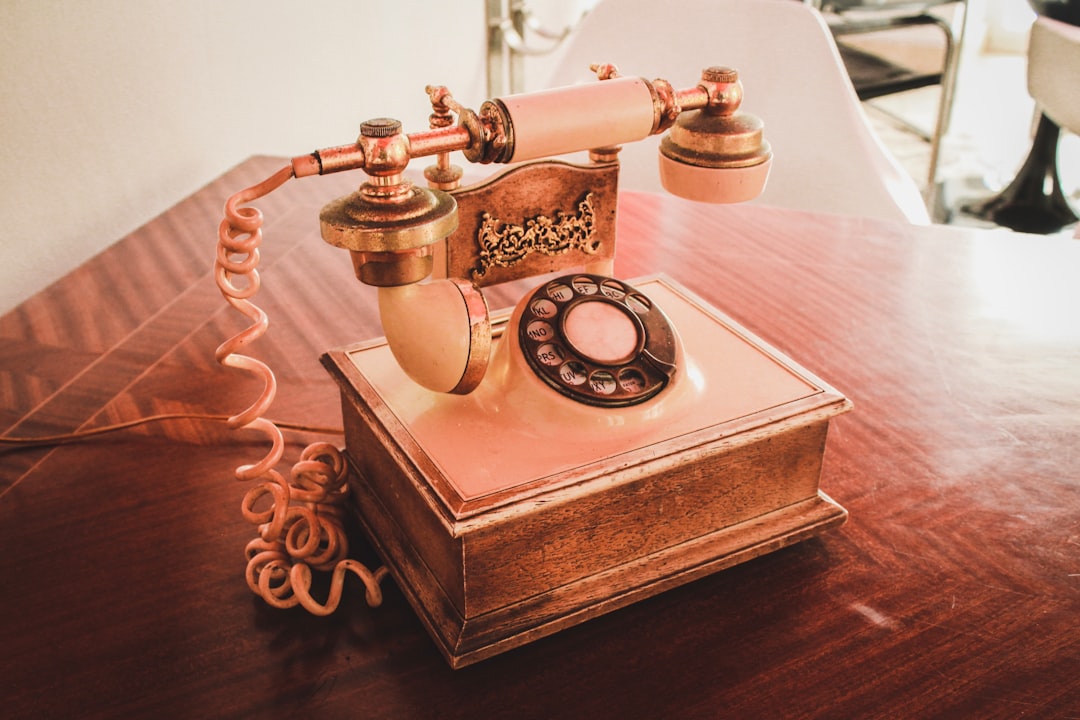
Robocalls, automated phone calls that deliver recorded messages, have become a ubiquitous and often unwanted part of daily life in Virginia and across the nation. While many robocalls are for legitimate purposes like marketing or reminders, others are malicious, seeking to scam or mislead recipients. In Virginia, as in many states, laws exist to protect residents from these intrusive calls, especially when they involve telemarketing or debt collection activities.
If you’ve received a robocall and believe it was placed illegally or with malicious intent, you may have legal recourse. The Telephone Consumer Protection Act (TCPA) restricts certain types of automated calling, and violators can be held accountable for damages. This includes the potential to sue for robocalls in Virginia. If you can demonstrate that a call was unwanted, unauthorized, or caused you harm, you could be entitled to compensation, including monetary damages and injunctive relief.
Elktons Massanutten Resorts: A Case Study on Protecting Against Malicious Calls

Elktons Massanutten Resorts, a leading hospitality destination in Virginia, has found itself at the forefront of a modern-day challenge—dealing with the influx of malicious calls, particularly robocalls. This case study highlights their innovative strategies to combat this growing issue, offering insights into how businesses can protect themselves and their customers from unwanted phone interactions.
The resort, known for its picturesque mountain setting and exceptional service, implemented robust measures after experiencing a surge in automated telemarketing calls. By recognizing the legal protections available under Virginia’s anti-robocall laws, they took proactive steps. These include educating guests about blocking options and implementing advanced call screening technologies, ensuring a comprehensive approach to mitigating malicious calls and providing a safer environment for its visitors.
The Legal Framework for Suing Over Unwanted Phone Calls in Virginia
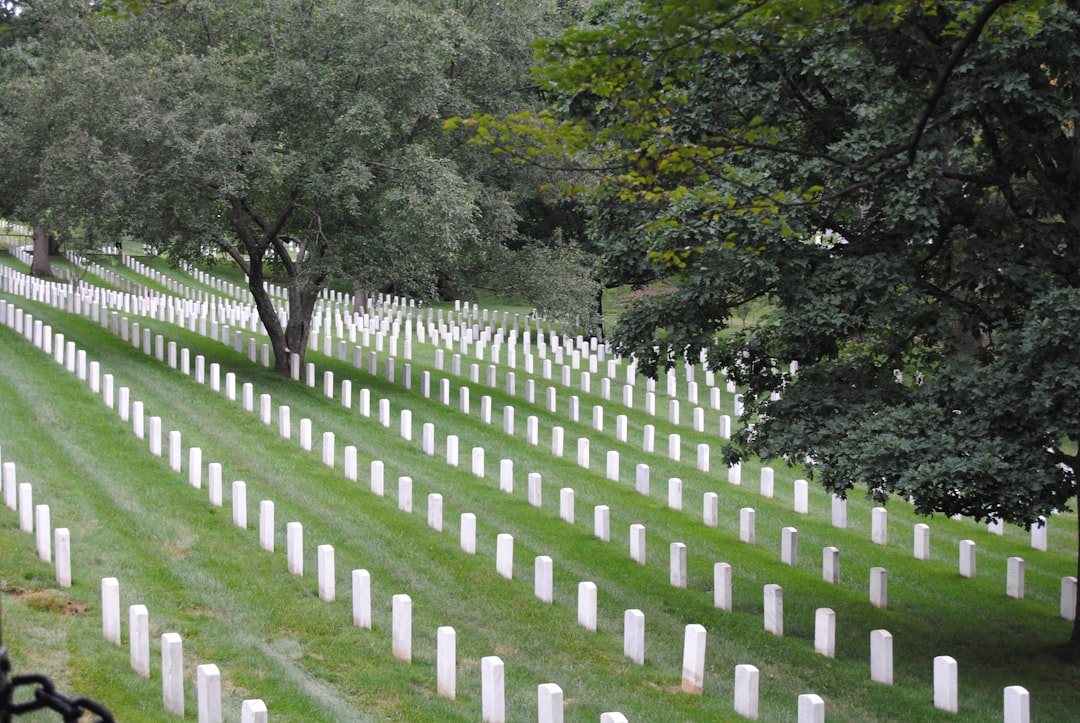
In Virginia, the Legal framework for suing over unwanted phone calls, particularly robocalls, is established under state and federal laws. The Telephone Consumer Protection Act (TCPA) is a key federal statute that restricts companies from making automated or prerecorded phone calls to individuals without prior explicit consent. This law grants consumers the right to sue for damages if they receive such calls in violation of their rights.
Additionally, Virginia’s laws against telephone harassment and invasion of privacy further strengthen the legal landscape for victims of malicious phone calls. Consumers in Virginia who believe they have been targeted by unauthorized robocalls can take legal action by gathering evidence of the calls, including call logs and recordings, and consulting with an attorney experienced in handling TCPA cases. Understanding these legal avenues is crucial for anyone considering suing over unwanted phone calls in Virginia, commonly referred to as Can I Sue For Robocalls Virginia.
Measuring the Success of Elktons Strategies: What It Tells Us About Robocall Defense
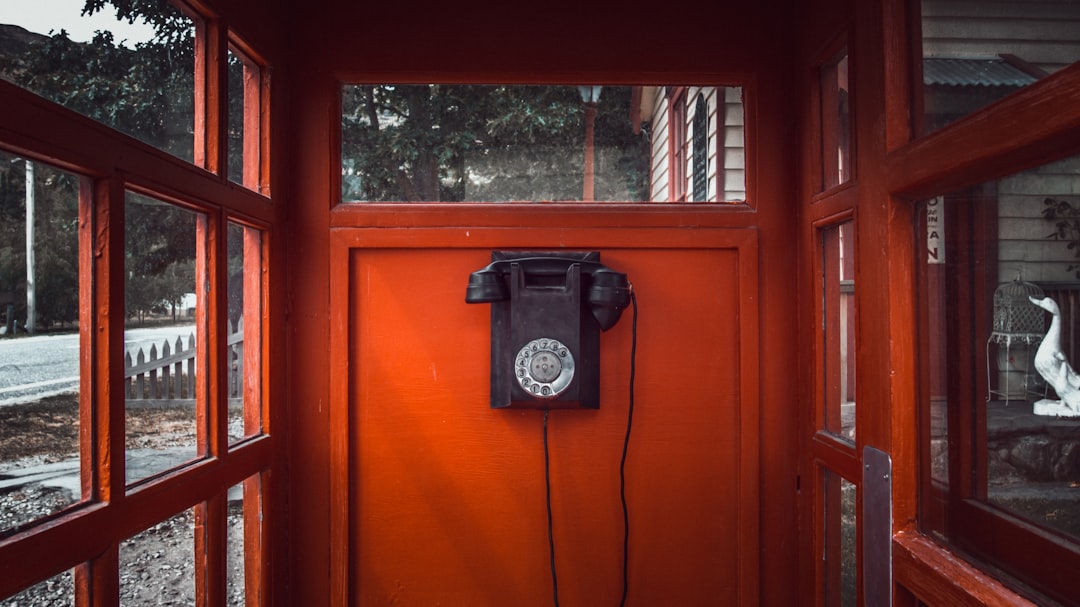
Elkton’s approach to combating malicious calls demonstrates a multi-faceted strategy that extends beyond mere blocking or filtering. By implementing various measures, such as consumer education and robust call tracking systems, they aim to provide a comprehensive defense against robocalls. The success of these strategies can be measured by the reduction in reported fraudulent calls and the subsequent improvement in consumer satisfaction.
This innovative tactic sheds light on the effectiveness of proactive methods in tackling the persistent issue of unwanted robocalls. Moreover, it empowers residents, like those considering whether they can sue for robocalls in Virginia, with knowledge that proactive community efforts can significantly enhance call protection. Such initiatives illustrate a promising direction in the ongoing battle against nuisance calls, offering hope for a quieter, more peaceful communication environment.


